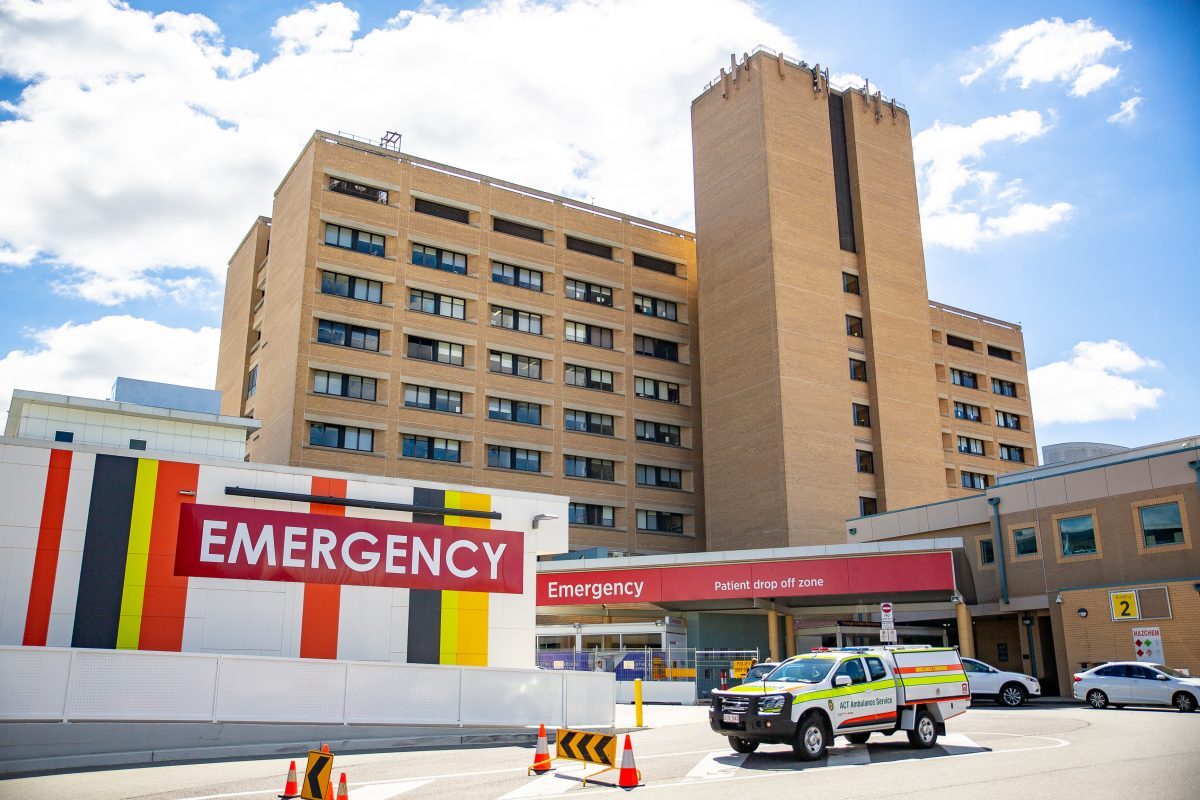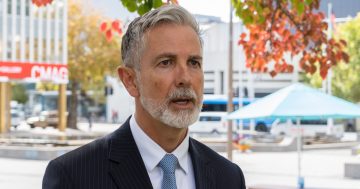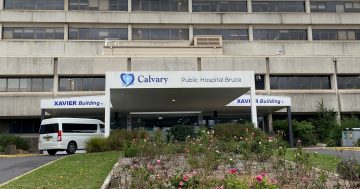
We need to keep people out of hospitals. Photo: Region.
The nation is going through its now-regular angst about Medicare and the health system in general.
We are again at crunch point – few doctors bulk-bill (and there are fewer of them anyway), EDs are overrun and underfunded hospitals can’t cope.
And it’s not just the COVID effect, although that hasn’t helped.
Here in the ACT, it’s such a familiar story it hardly rates as news anymore.
The Opposition can easily diagnose the problems but, like many others, can’t prescribe the remedies.
For GPs, the Medicare rebate freeze imposed by successive Liberal governments made practices untenable and the situation has hardly improved in the past couple of years.
They say the rebate needs to triple for general practice to be viable and more medical students need to be convinced that there is a life as a GP, instead of relying on overseas-trained doctors to fill the gaps, particularly in the bush.
Most seem to agree that boosting primary health and keeping people out of hospitals should be the goals.
And while underfunding is part of the story, so is the increasing reliance on all kinds of tests and expensive tech. It’s not so much about health as the economics of health and the dominance of the medical industry. It’s about drugs, surgery, devices and implants.
There has never been more spent on “health” in our history; yet, as a nation, we have never been so poorly.
We need to take a more holistic and inclusive approach to fix the health crisis.

Doctor training needs to be broadened. Photo: File.
The medical profession jealously guards its position at the top of the health food chain and is quick to denigrate other providers, whether that be the nurse practitioner at the local Walk-in Centre, chiropractors, physiotherapists or complementary medicine practitioners.
There will be outcries about the dangers of a herbal supplement, but little self-examination about the deadly toll prescription drugs take on patients.
In many cases, GPs have little training in nutrition or how diet can make a difference to many conditions, preferring to reach for the prescription pad, or simply become a referral centre for specialists.
And that is where the real money can be made. Still operated as closed shops, the professional colleges continue to limit the supply of specialists so they can charge what they like. That should change.
Don’t get me wrong, doctors deserve to be well remunerated, and if I’m in a car crash, I’ll want the full range of life-saving drugs, surgical skills and procedures on offer.
But when it comes to day-to-day health, relying on the medical and pharmaceutical industries while keeping other health providers at the fringes is crippling us.
So is governments’ unwillingness to take on the food industry, which continues to flood the market with dangerous products known to cause heart disease, obesity, diabetes and other chronic illnesses.
If we’re serious about creating a health system that is sustainable and supports the wellbeing of Australians, it can’t be just about money that will feed the coffers of the medical establishment or ignoring the root causes of the crisis.
We need a properly integrated system that is open to diverse approaches – no quacks, please – and helps reduce surgeries and invasive procedures.
Medical training needs to be broadened so pharmacology and the nexus with the pharmaceutical industry is not so overwhelming, and it must provide greater diagnostic skills and treatment options.
And keeping people well so our hospitals are not overrun with preventable illnesses should be a priority, unless we are willing to accept a devil’s bargain that this is the price we pay for lifestyle.
We do need more doctors and nurses, greater investment in primary care and more funding for our hospitals, but without a rethinking of what health could be, it will just continue to be a money pit that never meets our needs.





















